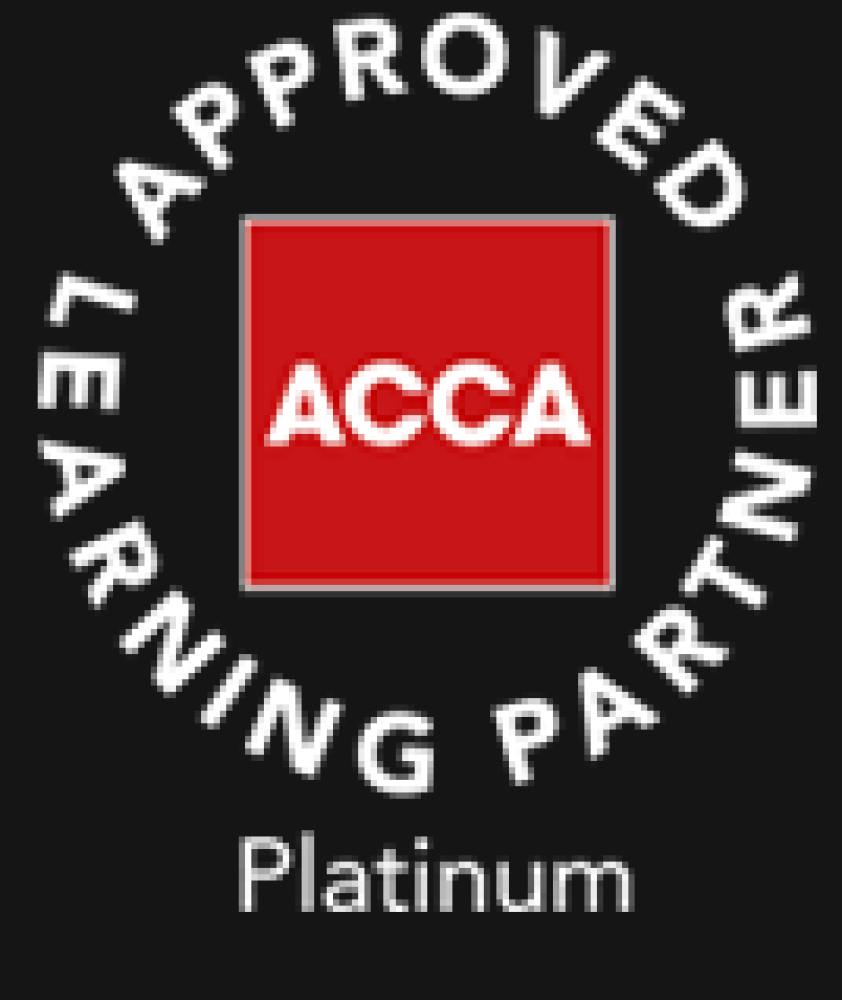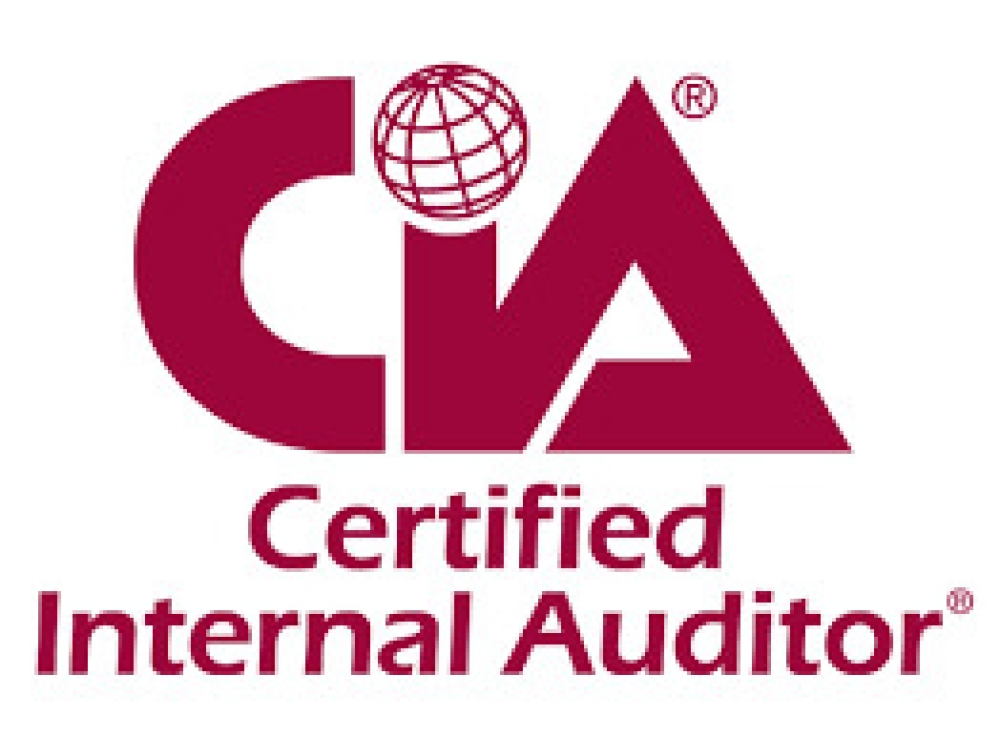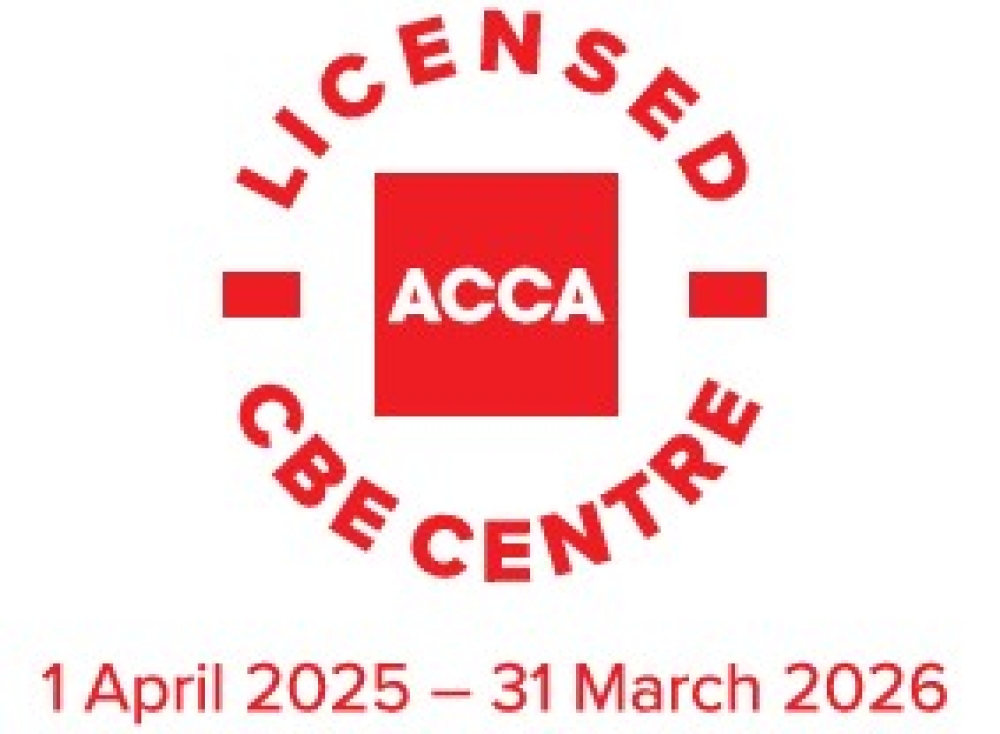
B.Sc(Hons) Accounting & Finance (LSE and UOL)
About B.Sc(Hons) Accounting & Finance (LSE and UOL)
For a B.Sc (Hons) in Accounting & Finance, here's some information based on the University of London (UOL) program specifications and general career prospects:
- Award and Classification: The University of London awards degrees with Honours (First-Class, Upper Second-Class, Lower Second-Class, Third-Class) based on academic performance.
- Career Prospects: Graduates in Accounting & Finance can pursue roles as accountants, auditors, financial analysts, tax consultants, and actuaries. They are sought after by accountancy firms, investment and high street banks, insurance companies, management consultancies, and the public sector. The field also offers opportunities in investment banking, stockbroking, financial advisement, commercial banking, management consulting, and fintech. Highest paying accounting jobs include Chief Financial Officer (CFO), Audit Partner, and Vice President of Finance.
- Benefits of the Degree: A B.Sc Finance degree provides core finance concepts and a strong foundation in financial principles, business strategy, and analytical thinking. It opens doors to various career opportunities across different sectors.
1. Globally Recognised Qualification
Earn a prestigious degree from the University of London, academically directed by the London School of Economics and Political Science (LSE) – one of the world’s leading institutions for accounting, finance, and economics.
2. Comprehensive Curriculum
This programme builds a strong foundation in financial accounting, management accounting, finance, economics, and quantitative methods, preparing students for careers in global finance, banking, auditing, and business management.
3. Pathway to Professional Success
Graduates are highly valued by employers and can pursue professional qualifications such as ACCA, CIMA, or CPA with exemptions. The course is designed to develop analytical, decision-making, and leadership skills required in today’s competitive business world.
4. Study with Expert Mentors
At LSBCA, students receive expert guidance, personalised academic support, and access to comprehensive study resources. Our interactive learning approach ensures academic excellence and professional readiness.
Why Earn a BSc Accounting and Finance?
While many BSc Accounting and Finance graduates apply their skills in traditional finance fields, like investing, accounting and banking, others are drawn to government, nonprofit or nongovernmental organisations. Whatever your aim, this versatile degree prepares you for careers or further study in a wide range of fields, sectors and industries.
Common career paths include:
- Accounting
- Management consulting
- Risk management
- Investment analysis
- Commercial banking
- Sales and trading
- Corporate management
Graduates with a multidimensional understanding of modern financial systems and accounting techniques are extremely valuable – especially at a time when organisations are facing challenges like digital transformation and industry disruption.
Why Choose This Programme?
1. Prestigious Global Qualification
Graduate with a University of London degree that carries international recognition and credibility. With academic direction from LSE, your learning reflects the same rigorous standards followed by students at one of the world’s top universities.
2. In-Depth Curriculum and Skill Development
The course covers key areas including:
| Financial and Management Accounting | Economics and Quantitative Techniques |
| Corporate Finance and Investment | Business Law and Ethics |
| Auditing and Assurance |
Through these modules, students gain analytical, technical, and problem-solving skills essential for careers in accounting, banking, and finance.
3. Global Career Pathways & Professional Recognition
This degree serves as a stepping stone toward leading professional certifications like ACCA, CIMA, and CFA, offering significant paper exemptions and career flexibility worldwide. Graduates often find opportunities in:
| Big Four Accounting Firms | Corporate Finance Departments |
| Investment Banks | Public Sector and NGOs |
| Consulting Firms |
4. LSBCA Advantage – Learn from Industry Experts
At LSBCA, we go beyond classroom teaching. Our mentors are qualified professionals and industry experts who provide:
| Personalised academic guidance | Real-world case study learning |
| Career counselling and internship support | Regular assessments and mock tests |
Our supportive environment ensures that every student receives the attention, structure, and resources needed to achieve academic excellence and professional success.
5. Flexible Learning and Examination Options
The University of London programmes offer flexibility in pace and assessment, allowing students to balance studies with other commitments. At LSBCA, we provide both online and in-class learning options to suit every learner’s needs.
Who Should Apply?
This programme is ideal for students who:
-
Aspire to become Chartered Accountants, Financial Analysts, or Investment Bankers
-
Want an international qualification recognised by employers worldwide
-
Are seeking a blend of academic depth and professional application
Syllabus and Papers
A Holistic Curriculum: Develop an in-depth understanding of corporate finance, management, valuation & securities analysis
Pick Industry Electives: Get the choice to pursue industry-relevant electives like entrepreneurship, advanced economics or finance

1st year
AC1025 Principles of Accounting
ST104A Statistics 1
MT105A Mathematics 1
FN1202 Introduction to Finance
EC1002 Introduction to Economics

2nd year
EC2066 Microeconomics
AC2091 Financial Reporting
AC2097 Management Accounting
FN2203 Principles of Asset Pricing

3rd year:
AC3093 Auditing and Assurance
AC3193 Accounting Theory
Open Choice (200- or 300-level)**
Open Choice (any level)**

Electives:
1). Principles of Corporate Finance
2). Asset Pricing & Financial Markets
3). Quantitative Finance
* Half course
** Open choice courses: Choose a) one 100-, 200- or 300-level course (or two half courses) from the Programme SpecificationExternal link:open_in_new or b) two LSE summer school courses.
MORE INFORMATION
Programme title
Accounting and Finance
Qualifications
Bachelor of Science in Accounting and Finance
Exit qualifications
• Diploma of Higher Education
• Certificate of Higher Education
An exit qualification is an intermediate qualification, for which the student may not have registered at the outset but which may be awarded on completion of specific modules/courses (or credit accumulated) in a longer programme of study, if the student leaves the programme or has their registration ceased. Exit qualifications are awarded at the discretion of the Board of Examiners and once a student has accepted an exit qualification they will not normally be permitted to continue their study of the same award with the University of London.These exit qualifications are unnamed.
Individual courses
There is no provision for individual courses of the programme to be studied on a stand-alone basis.
Notes
The BSc degree in Accounting and Finance is available through a 12 course (360 credits).Standard Route and a 9 course (270 credits) Graduate Entry Route.
Programme structures
• For degrees through the Standard Route – a student must have attempted 360 credits and must have passed with a mark of 40 or above in at least 330 credits.
• For degrees through the Graduate Entry Route – a student must have attempted and passed, with a mark of 40 or above in at least 270 credits.
Maximum and minimum periods of registration
The maximum and minimum period of registration, from a student’s effective date of registration, are:
Minimum Maximum
BSc (Standard Route) Three years* Six years
BSc (Graduate Entry Route) Two years Six years
*This period may vary if recognition of prior learning is permitted
General Entrance requirements for undergraduate degrees
Age: Applicants must normally be at least 17 years of age on or before 30 November in the year of initial registration.
Qualifications: Applicants must
• have passed qualifications that satisfy category G in the Qualifications for Entrance schedule;
• meet any additional programme specific entrance requirements; and • satisfy English language requirements.
Entrance requirements for the Graduate Entry Routes to the undergraduate degrees
Age: Applicants must normally be at least 17 years of age on or before 30 November in the year of initial registration.
Qualifications: Applicants must
• have successfully completed a full undergraduate degree or postgraduate qualification from an acceptable institution;
• meet any additional programme specific entrance requirements; and
• satisfy English language requirements
Applicants with professional qualifications and professional memberships will be considered on an individual basis.
BSc Accounting and Finance
This programme aims to set accounting and finance in a broader social science framework in order to:
• provide an undergraduate education at the forefront of the international field in the study of the theory and practice of financial management, control and accountability in organisations;
• situate the study of accounting and finance in some of the various contexts within which accounting and finance professionals play a key role;
• develop in students an understanding that not only is accounting and finance as a discipline concerned with computational skill but, more importantly, it is central to the way in which both management internally, and also various stakeholders externally (including investors, lenders, customers, the government and the public) perceive, understand, and seek to change and control the nature of organisations and the ways in which resources are allocated to and by them;
• foster in students a critical and flexible approach to accounting and finance issues, within a UK and international context;
• prepare students for challenging careers in accounting and finance and related sectors, as well as for higher degrees/research.
Knowledge and understanding
A student will be able to:
• communicate knowledge and understanding of, and appropriate ability to use and critically evaluate, current and major alternative technical languages and practices of accounting, together with appropriate ability to apply them;
• record and summarise financial data and prepare financial statements;
• manipulate financial and other numerical data and appropriate understanding of and ability to apply mathematical and statistical concepts;
• communicate and apply knowledge and understanding of the principles of business information systems management at an appropriate level;
• analyse business activities and perform financial analyses and projections in appropriate contexts of planning, decision making and control at an appropriate level; and to recognise the limitations of these techniques;
• communicate knowledge and understanding of financial management, risk and the operation of financial markets at an appropriate level, based on critical evaluation of theories and empirical evidence.
Intellectual and cognitive skills;
A student will be able to:
• locate, extract, analyse and draw reasoned conclusions from multiple sources (including electronic sources) of appropriate literature and relevant data and acknowledge and reference sources appropriately;
• critically analyse arguments;
• assimilate and lucidly evaluate alternative views.
Transferable skills;
A student will be able to:
• communicate effectively in a written context;
• use information technology (spreadsheets, word-processing and online databases) appropriately;
• organise information, and to assimilate and evaluate competing arguments;
• manage their own learning, including working effectively to deadlines;
• be open minded and have a capacity to handle ideas and scrutinise information in critical, evaluative and analytical ways.
FEE STRUCTURE
| Fee Payable to - London school of Business and Certified Accountants | |||
| 1st Year (Rs) | 2nd Year(Rs) | 3rd Year(Rs) | |
| Admission Fee | 5,900 | 5,900 | 5,900 |
| Tuition Fee | 4,32,000 | 4,32,000 | 4,32,000 |
| GST 18% | 78,822 | 78,822 | 78,822 |
| Security Deposit | 10,000 | - | - |
| Total Fee | 5,26,722 | 5,16,722 | 5,16,722 |
Students are also required to pay the following to the University of London 2025-2026:
|
Particulars Degree Route (Min. 3yrs.) 1st Year (Fee + GST) |
||
| Application fee (non-refundable) | £65 | |
| Fee per course / per modules (inclusive of first assessment entry) | £660 X 4 = £ 2640* | |
Please note:
- all student fees shown are net of any local VAT, Goods and Services Tax (GST) or any other sales tax payable by the student in their country of residence. Where the University is required to add VAT, GST or any other sales tax at the local statutory rate, this will be added to the fees shown during the payment process.
- UOL fee must be paid in pounds sterling, which may be paid either by a credit card or debit card recognized by MasterCard International or by the VISA group or by banker’s draft or postal order, made payable to “The University of London”.
- *UOL fee are subject to revision
-
Assessment re-entry fee per course £434
Fee payable to British Council: EXAMINATION CENTRE FEE:
POUND 85 per paper. (Subject to change)
For more Details regarding University of London please visit Fee Details
Career Opportunities
- Financial Analyst
- Financial Manager
- Chartered Accountant
- Financial Adviser
- Actuary
- Stockbroker
- Public Accountant
- Corporate Accountant
- Auditor
- Investment Banker







